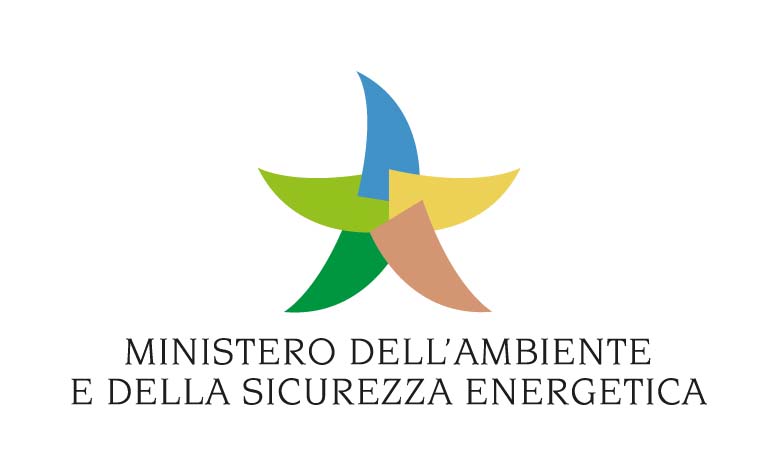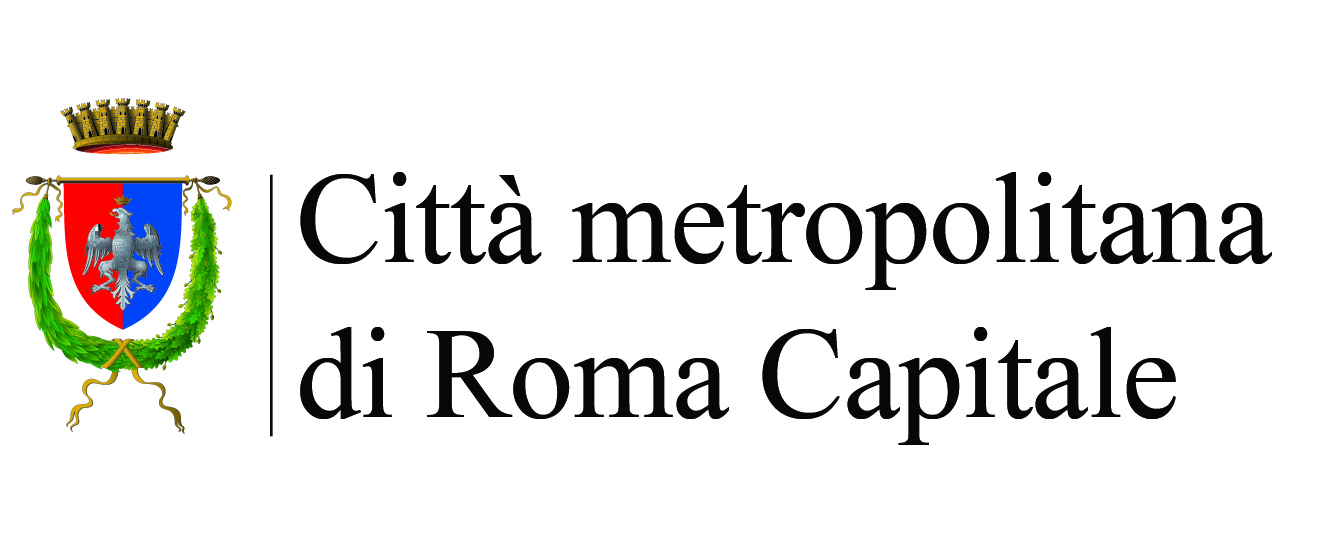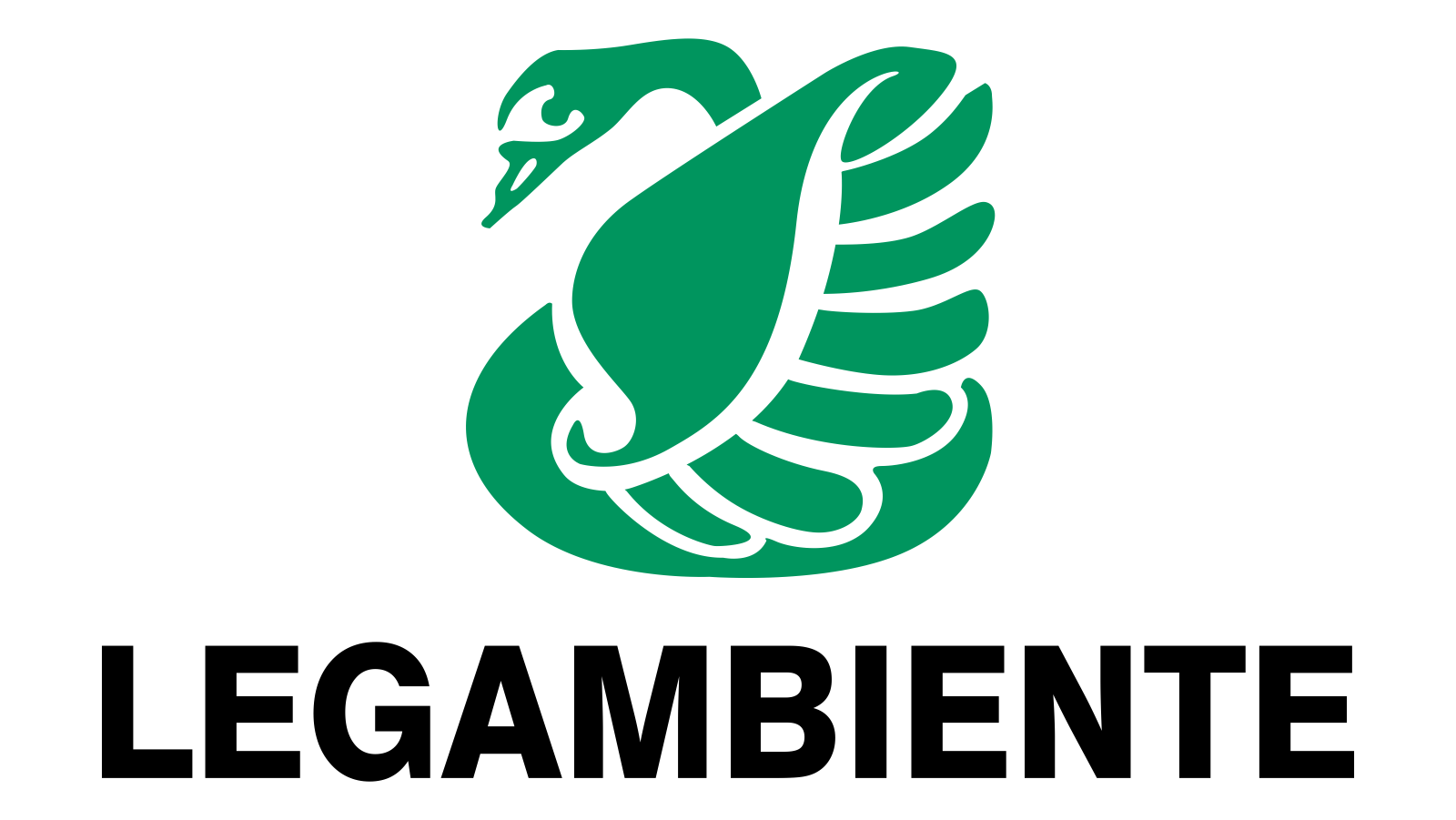The audiovisual sector is undoubtedly an industry: it moves people, resources, and materials, consumes energy, and generates waste. Italy has a significant audiovisual production volume: on average, there are 1,500 filming weeks per year. According to estimates by Zen2030, transportation alone accounts for around 50% of a set’s environmental impact, followed by energy use at 30%, and then catering, accommodation, and materials each contributing less than 10%, with waste at the bottom of the list. This workload generates thousands of tons of CO₂. And yet, the Italian film industry has no mandatory environmental responsibility standards for production companies, unlike France, which stands out with its Action! plan, or Germany, where 21 minimum environmental criteria must be met to access public funding.
This was also one of the topics discussed at the opening of Cinema In Verde, the first environmental film festival held at the Botanical Garden of Rome until Sunday, October 1. There is indeed room for improvement, as demonstrated by some pioneering initiatives. For example, the Trentino Film Commission was one of the first public regional funds in Europe to introduce a financial incentive for producers willing to obtain sustainability certification for their shoots. In 2021, Italy’s National Public Fund (MiC) added a bonus for producers obtaining such certification, and several other regions have since adopted similar models.
The real game-changer, however, is the industry itself, which—regardless of regulation—chooses to adopt sustainable production models. A standout example is Cinema In Verde, a low-impact, carbon-neutral festival. Thanks to its collaboration with Zen2030, all consumption associated with the event—across energy, transportation, catering, materials, accommodations, and waste—will be monitored, recorded, and translated into CO₂ equivalent emissions.
In addition to monitoring and reporting, the festival implements several environmental impact reduction measures: the energy used will come from 100% renewable sources; a plastic-free policy will be enforced; nearly all furnishings will be rented rather than purchased; and suppliers will be selected from Rome and the Lazio region to support local economies and reduce emissions from transport.
Catering will be predominantly vegetarian, served with reusable or fully compostable tableware, and leftover food will be donated to non-profit organizations. Finally, any unavoidable residual emissions will be offset through certified projects that support the transition to renewable energy.
















